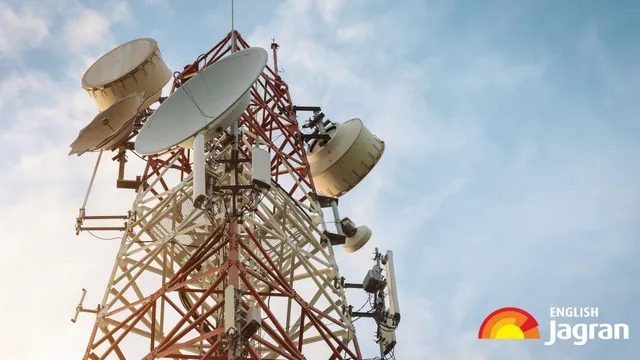- By Alex David
- Sat, 02 Aug 2025 11:35 PM (IST)
- Source:JND
In a major step to simplify policies and draw attention to tech investments, India has slashed security certification fees for telecom and tech equipment by 95% or even more. Starting August 1, 5G equipment and routers, alongside more than 50 other products, will have their certification expenses slashed. This will aid both local and foreign manufacturers by making compliance cheaper. Companies such as Nokia, Ericsson, and Cisco are poised to benefit. This decision, alongside the ongoing trade negotiations with the United States, enables India to position itself as a global tech manufacturing centre.
What’s Changing: Drastic Fee Reduction From August
Safety and security certification for telecom and tech products will become mandatory from August 1. This has considerable implications as the fees from ₹2 lakh to ₹3.5 lakh for a product model will now be set to 10,000 to 50,000, which will depend on the device category.
Covered Equipment Categories:
- Routers and networking switches
- Optical fibre cables
- 5G and Wi-Fi equipment
- Smart meters and satellite devices
The modification will impact more than 50 equipment types and is likely to benefit domestic importers and manufacturers of telecom equipment in India.
ALSO READ: Tim Cook Rallies Apple Around AI Future, Hints At Major Product Shakeup
Who Benefits and Why This Matters
The cost reduction will directly impact:
- Nokia
- Ericsson
- Cisco
- HFCL Ltd
- Dixon Technologies
These companies often struggle with high compliance costs. With lower certification costs, companies will be able to scale and invest more in R&D or local production.
This is central to India's 'Ease of Doing Business' reform and also supports domestic production under the Make in India policy.
Remaining Hurdles: Testing Capacity and Delays
While the cost reduction is a welcome initiative, the telecom sector continues to face:
- Limited testing infrastructure
- Certification delays due to backlog
- Shortage of accredited labs
Without increasing the certification and testing lab capacities, the operational efficiencies gained from cost savings may be overshadowed by reduced operational speed.
Trade Context: US Tariffs and Strategic Timing
As the US and India continue their complicated trade negotiations, the US recently placed significant tariffs on Indian goods, enforcing a 25% tax and some fines on Indian imports. Focus group representatives suggest that India’s trade compliance easing might be a partial response to the US trade tensions, especially to incentivise India’s technology sector.
ALSO READ: Microsoft Surpasses $4 Trillion Valuation As AI Strategy Delivers Strong Earnings
Starlink Gets License to Launch in India
Recently in the news, Elon Musk’s satellite internet company, Starlink, has been issued a Unified License that permits it to operate within India’s borders.
Telecom Minister Jyotiraditya Scindia stated that the necessary spectrum and gateway allocation for seamless service and operation have been provided.
Other satellite broadband providers waiting in the wings include:
- Eutelsat OneWeb (Bharti-backed)
- Jio SES
This increase in broadband offerings contributes to the ongoing work to improve India’s digital infrastructure, particularly in pinpointing gaps such as rural and isolated regions.
Final Thoughts
India’s move to reduce the telecom certification fee by 95% is a major boost is a major boost to the telecom and tech industries. Other telecom players will benefit and new players like Starlink are poised to launch. Wider digital benefits are available. They will have a new place to operate. However, if the testing bottlenecks are not resolved, it will take longer to fully reap the rewards of these policies.

